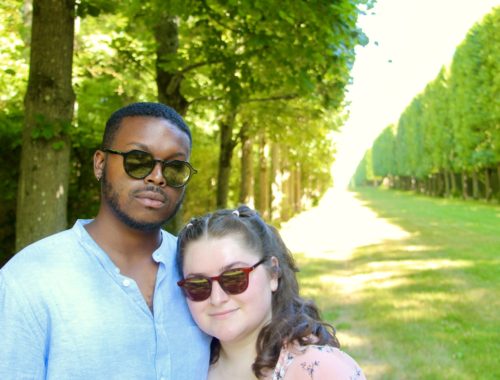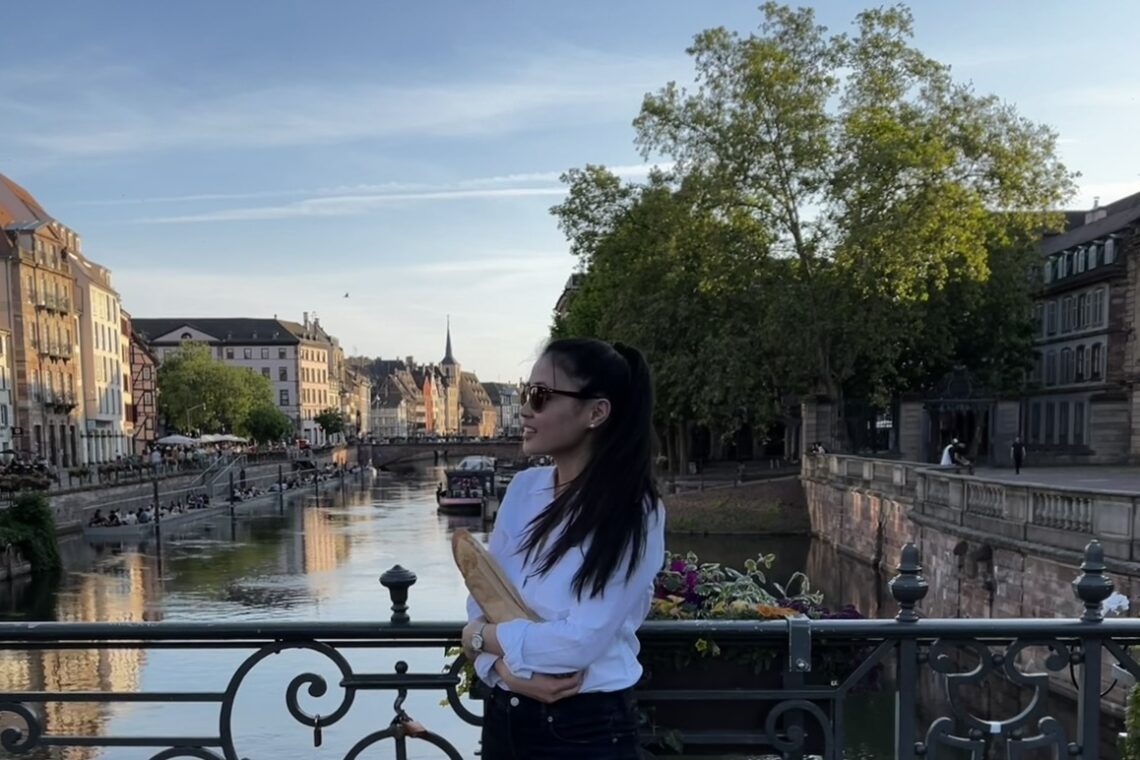
Conquering Law School in France: An Accomplished American’s Perspective
Believe it or not, only 1.5% of all foreigners enrolled in French higher education are from the United States. That means that as American master’s degree graduates of the Université de Reims Champagne-Ardenne, it’s not every day that Jalen and I meet people with similar backgrounds and accomplishments. Considering that Science, Literature, Languages, Human and Social Sciences, Economics, Business and Social Administration are all more popular fields of study than law amongst international students, it’s even rarer to find Americans who studied law in France like me. When we linked up with Hannah, our friend who not only understands the unique challenges of studying law in France as an American, but who also participated in the Teaching Assistant Program in France (TAPIF) as we did, we knew that we had to highlight her story here on the blog. We had the opportunity to chat with Hannah about all of these topics and more, and we’re excited to showcase her achievements that we know will be enlightening for our readers.
Hannah’s fondness for all things French didn’t begin with a coup de foudre. “I actually never sought out French,” she told us.
I didn’t start learning French until I was 17, but once I started, I picked it up quickly because I had taken Spanish throughout high school. I tested at the same level for Spanish and French when I began college at Wake Forest University, and decided to pursue French classes purely because the language was newer to me. The turning point for me was when my French professor encouraged me to study abroad in France for a semester. My world was pretty small prior to studying in Dijon, meaning I had never considered using French beyond my studies. The experience was extraordinary and made me realize that I will always need French as a part of my life.
Hannah did more than simply study French during her undergraduate degree, creating an interdisciplinary major and racking up enriching experiences abroad.
My “create-your-own” degree combined the disciplines of Philosophy, Politics, International Relations, and Education. This major fit me perfectly, as I’m interested in any and everything, and it paired well with my second major in French. I had the opportunity to study with the Politics and International Relations cohort for a semester in London, complete my Richter research grant on the politics of centralized education in Paris, and write my honors thesis on the philosophy of French education law.
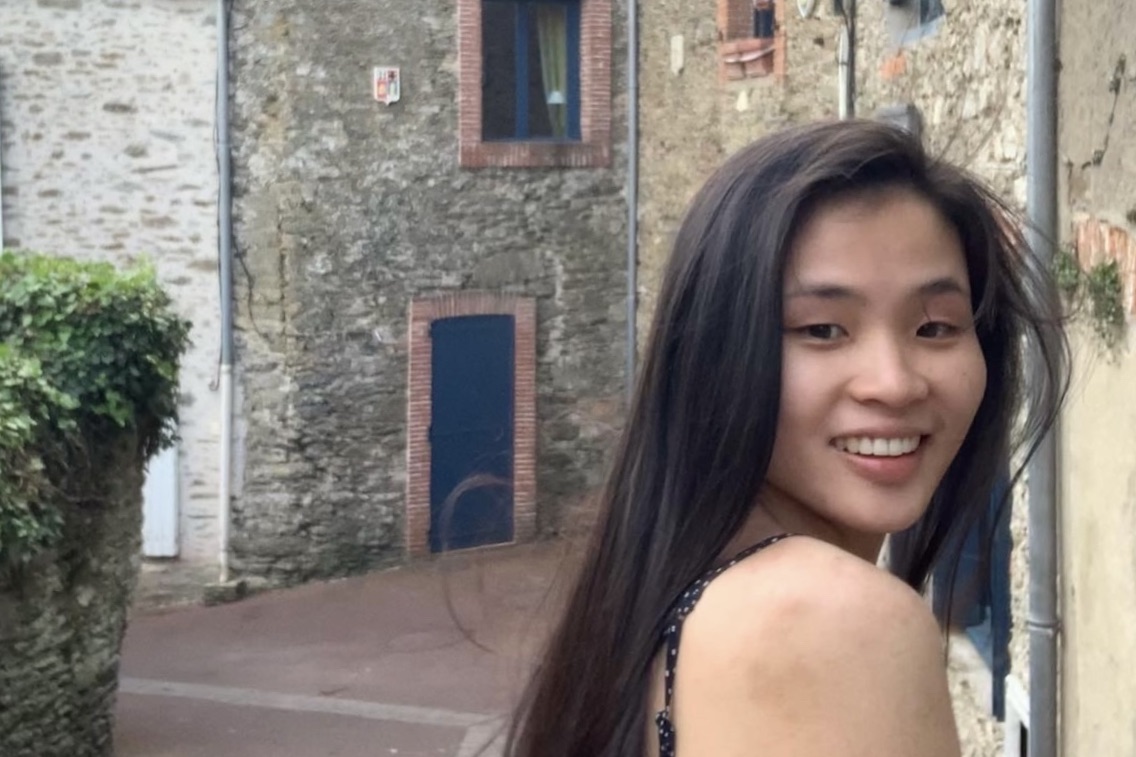
After graduation, Hannah immediately embarked on her Teaching Assistant Program in France (TAPIF) adventure, much like we did over four years ago!
I moved to France to be an English language assistant in 2020. Two lockdowns, nightly curfew, and attestations de déplacement: I cannot think of my TAPIF year without these three unforgettable markers in time. I was placed in a traditional middle school and a vocational high school in Angers (an absolute dream of a city to live in!). I enjoyed TAPIF thoroughly, getting to see the subject of my undergraduate thesis in action, teaching to and learning from my students, and visiting a ton of castles. I also used this time to prepare for and apply to master’s degrees in France by sitting the DALF C2 exam and crafting my graduate school applications.
Hannah’s time in French law school reflects my own in many ways, especially when it comes to the inescapable difficulty of learning the ropes of French university as a foreigner.
Though my unique, multidisciplinary background is an absolute asset in the United States, it was disadvantageous when making my case for being accepted into the French education system that values parcours linéaires, or linear academic and professional career paths. I earned a place at the Université de Strasbourg’s Faculté de Droit studying International Law, where I was excited to simultaneously cultivate my legal knowledge and live in the very European city of Strasbourg. I quickly realized that French law school was both unforgiving and “unjustly fair.” I was learning the same things at the same pace as the French students with undergraduate degrees from French universities, and I was expected to produce the same quality of work, despite being a first-year international student. Any additional help that I requested was said to be a rupture d’égalité (unequal treatment). The first year of my master’s degree was the hardest academic year of my life, requiring me to acclimate to the French system (in other words, relearn how to do school) and catch up on three years of French legal methodology, all while learning new material in my second language. However, I felt much more comfortable during the final year of my law degree, and even finished with a mention bien (high honors).
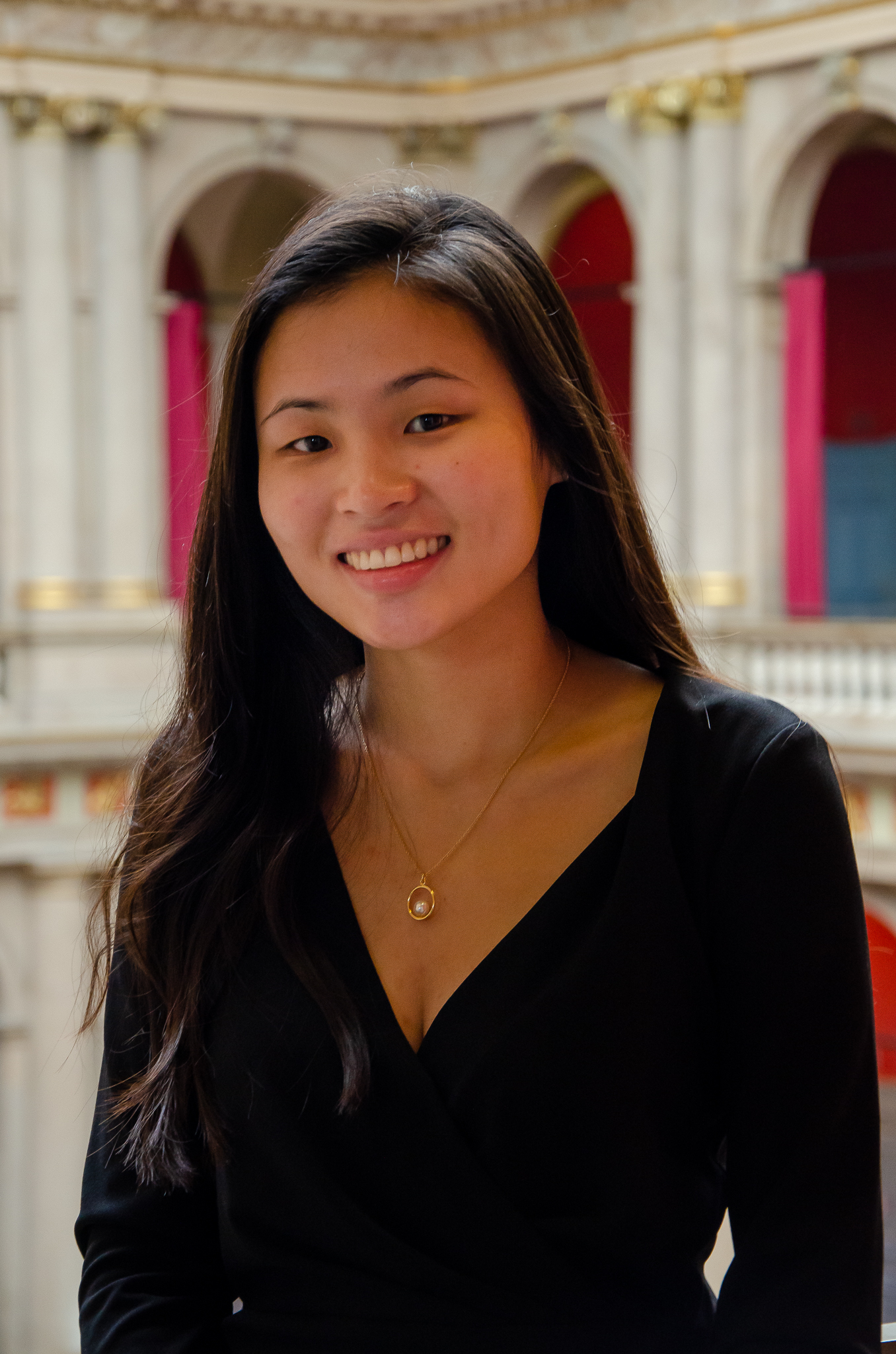
Despite the hardships, Hannah wouldn’t change a thing about her adventures in France.
There is no country that makes my heart swell and my eyes roll simultaneously as much as France does. My love for France can be described as none other than a tale of raw devotion because I have had the best and worst experiences of my life here, and I keep choosing it over and over. My time in French law school made me incredibly thankful for my undergraduate experience in the USA and grateful to have lived something completely different in French university. I would choose to do it all again, without hesitation, for what it brought me and for what I learned.
While Jalen and I opted to begin careers in France following our master’s degrees, Hannah’s path looks a little different.
I’m currently studying Russian, Greek, Polish, and Croatian, with the latter captivating a lot of my focus. Though I love traveling more than anything, I have loved living in as many different places as I could. My human rights internship at the Council of Europe has motivated me to pursue the international organizations route. While graduating has made me a juriste in International Law, I’d been on the lookout for opportunities to combine both professional and personal interests. I believe that my upcoming travel plans will make this possible in the near future.
Hannah’s final message to our readers echoes our own thoughts about taking the road less traveled.
Do things that might not make sense that your heart is rooting for you to do. You will (not might) be surprised by what comes to fruition and what you will learn.
Our conversation with Hannah affirmed the sentiment that we’ve been sharing on The Francofile since we moved to France in 2019: Life in France isn’t always easy, but the endless opportunities for growth as a foreigner here make it worthwhile. We are proud to be part of the small (but mighty!) group of Americans who mastered the French education system, and seize every opportunity to swap stories with fellow alumni like Hannah. If you’re an American francophile considering participating in TAPIF or taking on French law school, we hope that Hannah’s story inspires you to bet on yourself – it just might change your life! Have questions about TAPIF or French university? Let us know in a comment!
You may also like…
You May Also Like
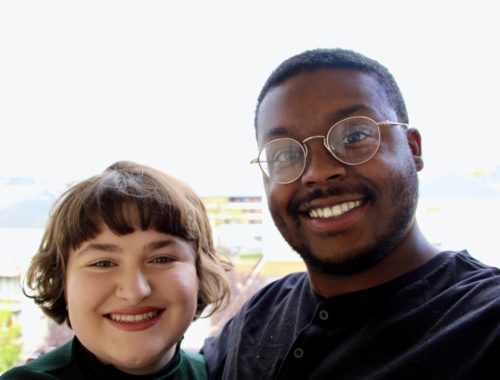
Studying in France as Americans: Two Months of Hard Work into our Master’s Degrees
October 28, 2020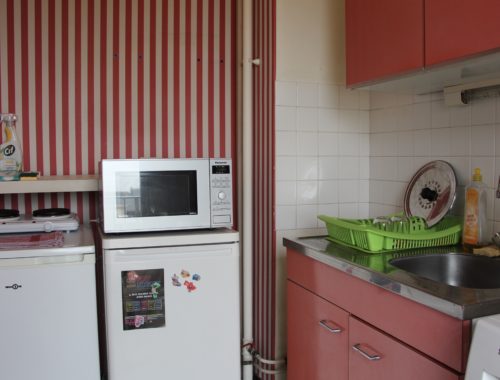
How to Find Housing in France: Expat Apartment Search
January 13, 2021